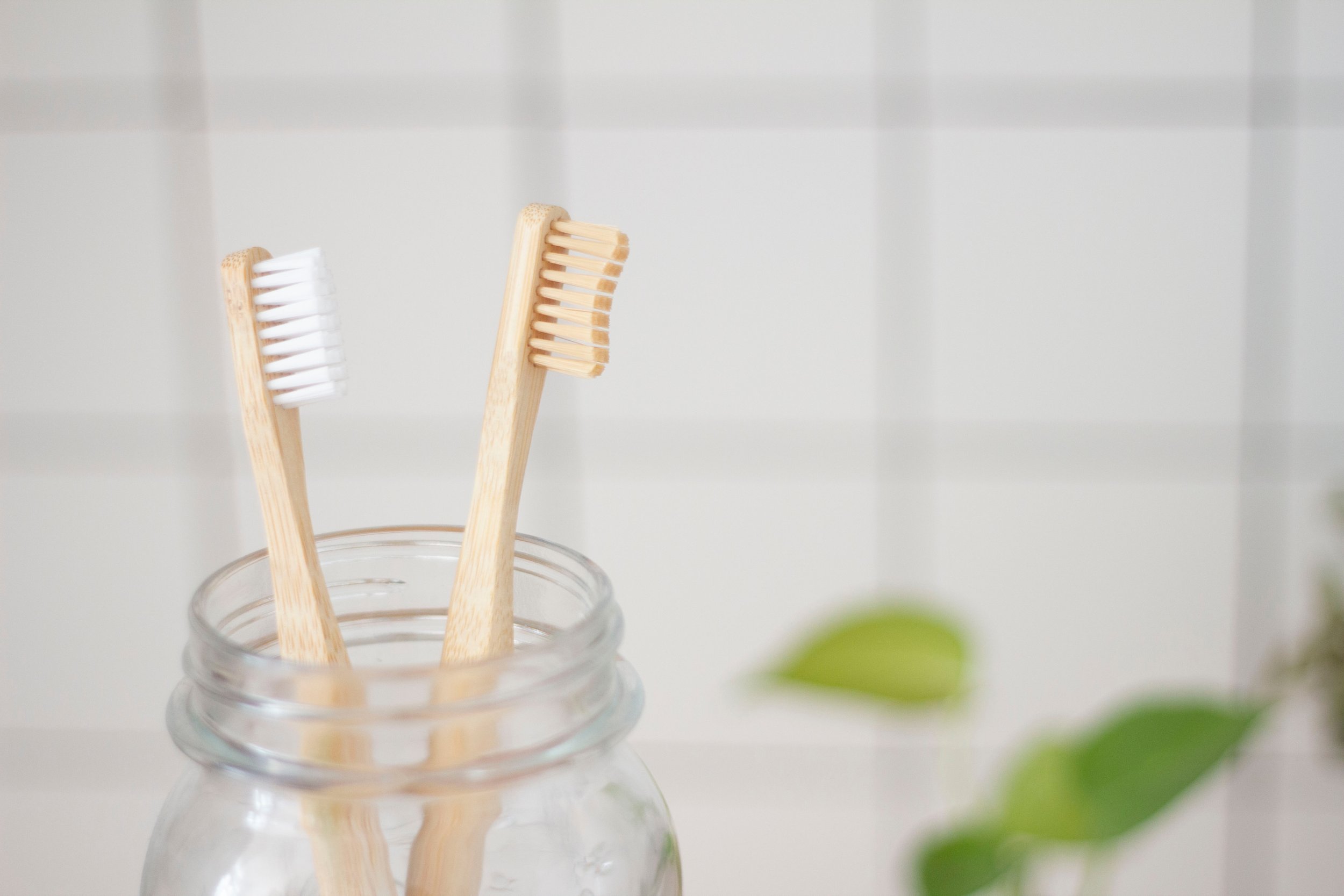PEDIATRIC DENTAL CARE
From little ones to teens, our practice, located in Hinsdale IL, offers a comforting, stress-free home. Our aim is to ease fears and make visits to the dentist a good thing, not something to dread. We recommend that infants begin their journey of dental health by their first birthday, when your baby’s first teeth, or primary teeth, are emerging.
Caring for Primary and Permanent Teeth
Children grow 20 primary teeth, typically by age three. These teeth are gradually replaced by age 12 or so with a full set of 28 permanent teeth, and later, with four molars, also known as wisdom teeth. It’s important to monitor and care for primary teeth to lay the groundwork for healthy permanent teeth.
Pediatric Brushing Tips
Your baby’s gums and teeth can be gently cleaned with special infant toothbrushes that fit over your finger. Water is suitable in lieu of toothpaste, because the baby may swallow the toothpaste. We advise avoiding fluoride toothpastes for children under age two. Primary teeth can be cleansed with child-sized, soft-bristled toothbrushes. Remember to use pea-sized portions of toothpaste and teach your child to spit out, not swallow, the toothpaste when finished.
Heading Off Potential Problems for Young Children
Conditions like gum irritation and thumb-sucking could create problems later on. Babies who suck their thumbs may be setting the stage for malformed teeth and improper bite relationships.
Another problem that can be spotted early is a condition called baby bottle tooth decay. This condition is caused by sugary substances in breast milk, formula, and some juices, which combine with saliva to form pools inside the baby's mouth. If left untreated, this can lead to premature decay of your baby's future primary teeth.
Teething is normal and is a sign that your child's gums are sore. For children under age four, teething rings and pacifiers can be safely used to facilitate the child's oral needs for relieving gum pain and for suckling. After age four, pacifiers are discouraged because they may interfere with the development of your child's teeth. Moreover, thumb-sucking should also be discouraged because it can lead to poor bite relationships and malformed teeth.
Understanding Fluoride
Fluoride is generally present in most public drinking water systems. If you’re unsure about your community's water and its fluoride content, we can prescribe fluoride supplements. Your child may not be getting enough fluoride just by using fluoride toothpaste.
If Your Child Has a Toothache
Toothaches can be common in young children. Sometimes, toothaches are caused by erupting teeth, but they also could indicate a serious problem.
You can safely relieve a small child's toothache without the aid of medication by rinsing the mouth with a solution of warm water and table salt. If the pain doesn't subside, acetaminophen may be used. If such medications don't help, please contact our office.
Preventing & Treating Injuries
If your young child or teen plays a sport, mouth guards are strongly encouraged and can help prevent a host of injuries to the teeth, gums, lips and other oral structures.
If your child does get a tooth knocked out, try to place the tooth back in its socket while waiting to see our office. Remember to hold the dislocated tooth by the crown—not the root. If you cannot replant the tooth, place it in a container of cold milk, saline or the child's own saliva. Place the tooth in the solution. First, rinse the mouth of any blood or other debris and place a cold cloth or compress on the lip or cheek near the injury.
For a fractured tooth, it is best to rinse with warm water and again, apply a cold pack or compress. Ibuprofen may be used to help with swelling. If the tooth fracture is minor, the sharp edges can be smoothed or if necessary, restored by the dentist if the nerve is not severely damaged.
If your child is experiencing irritation from retainers or braces, place a tiny piece of cotton or gauze on the tip of the wire or other protruding object. If an injury occurs from a piece of the retainer or braces lodging into a soft tissue, contact our office immediately and avoid dislodging it yourself.
Considering the Benefits of Sealants
Sealants fill in the little grooves on the chewing part of your teeth to protect and seal the tooth from food and plaque. The application is easy to apply and typically lasts for several years.
Sealants are best suited for permanent first molars, which erupt around age six, and second molars, which come in around age 12. Sealants are most effective when applied as soon as the tooth has fully come in and can prevent cavities, which typically occur in the narrow pits and grooves of a child’s newly erupted teeth due to trapped bacteria and food particles.

DENTAL CARE
WITH INTEGRITY
Serving all ages with care & compassion
At Salt Creek Family Dental, the road to lifelong dental health begins with a comprehensive wellness visit that includes a comfortable cleaning, x-rays and a personalized exam. We serve all age groups, from infants to seniors, and offer a full range of dental services.
Your initial visit includes an oral cancer screening, visual examination of the teeth and supporting structures, charting, periodontal probing, diagnosis and treatment recommendations. We also take digital x-rays to review your bone profile and check for cavities in between the teeth.
If you’re a new patient—welcome! We invite you to learn more about what to expect at your first visit.


